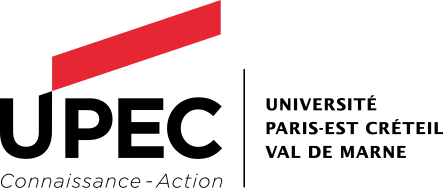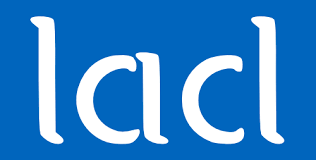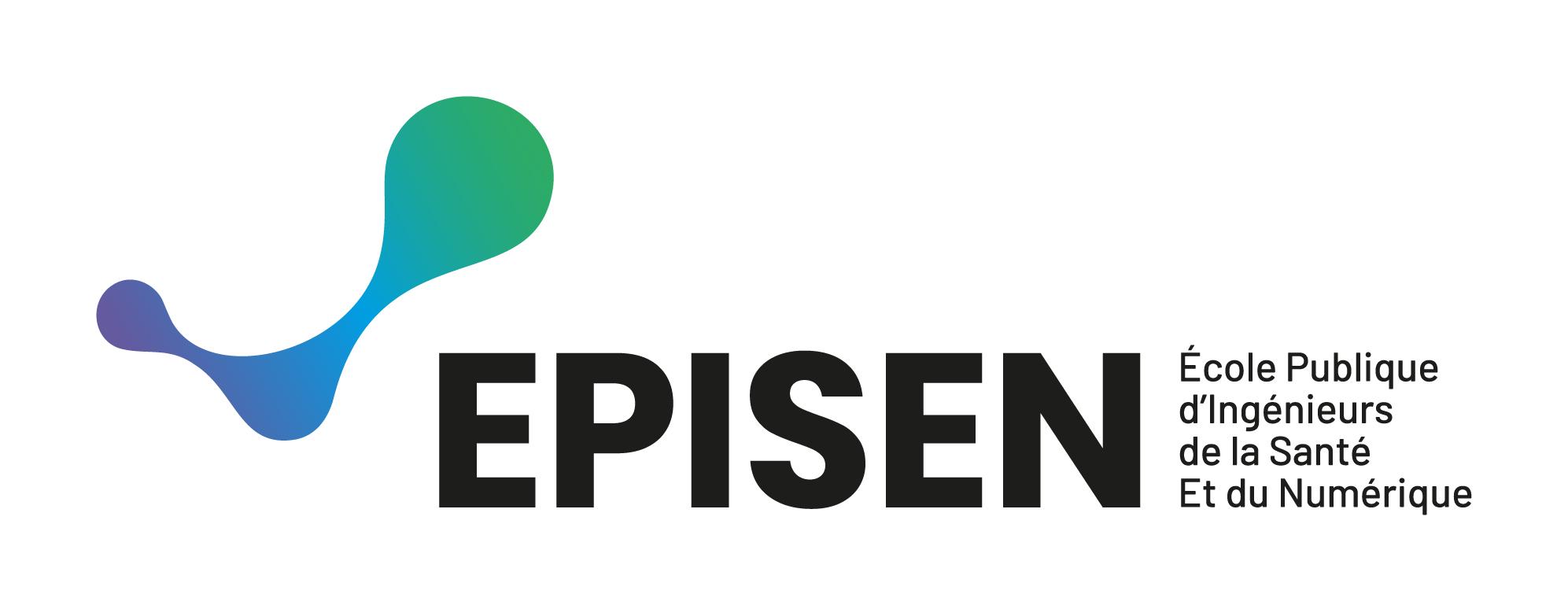Since September 2021, I am a Lecturer (Maître de Conférences) at Université de Créteil. I teach at EPISEN, and am a member of the Spécification et vérification de systèmes team of the LACL.
I was previously a Research Associate in the Programming Principles, Logic and Verification group (PPLV) at UCL’s Dept. of Computer Science, which I joined in January 2017. I was in particular involved with the IRIS project.
I hold a PhD in Computer Science from the University of Lyon, under the supervision of Damien Pous.
My research focuses on theoretical aspects of software verification. More specifically I study the algebraic properties of various models of program behaviour. My interests also include logic, automata theory, mechanised proofs, concurrency theory and nominal mathematics. I have authored a number of papers in peer-reviewed international conferences and journals on some of these topics.


